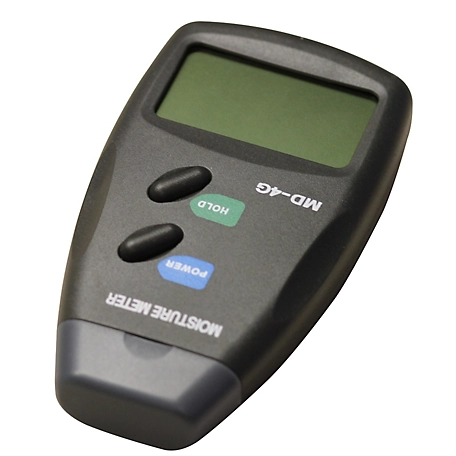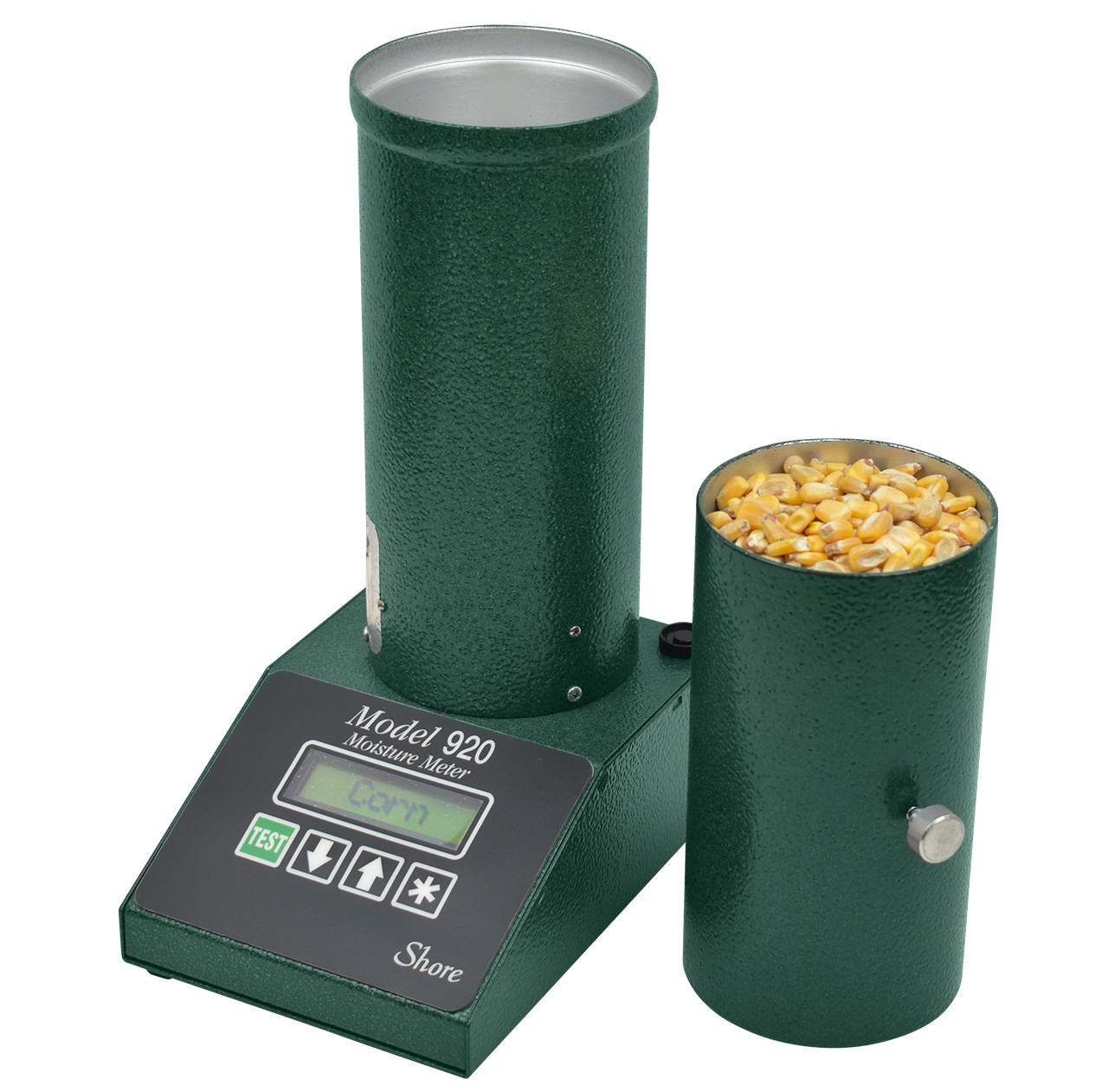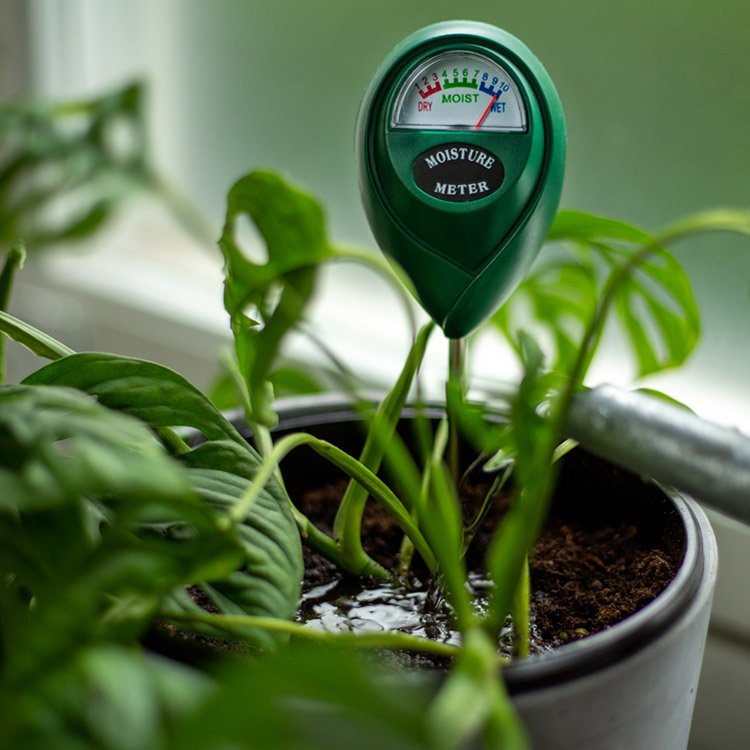The Ultimate Guide to Choosing the Right Moisture Meter for Your Needs
The Ultimate Guide to Choosing the Right Moisture Meter for Your Needs
Blog Article
The Ultimate Overview to Moisture Meters: A Comprehensive Review and Just How They Can Conserve You Cash
In the world of building maintenance, construction, and numerous markets, the relevance of properly determining wetness levels can not be overemphasized. Dampness meters act as vital tools in discovering and keeping track of moisture content in materials, assisting in stopping expensive damages and making certain the high quality of items. Recognizing the nuances of various kinds of moisture meters, their applications, and the possible cost-saving benefits they offer can be a game-changer for experts and businesses alike. Finding how these tools can not only streamline procedures but additionally contribute to economic savings is a trip worth beginning on.
Kinds Of Moisture Meters
One typical kind is the pin-type moisture meter, which measures the electrical resistance in between two pins put right into a material. Pinless moisture meters, on the other hand, usage electromagnetic sensing unit plates to scan a larger area without triggering damages to the material's surface area.
Infrared moisture meters determine the thermal residential properties of a product to identify its wetness content non-invasively, making them useful for applications where pin or pinless meters may not be suitable. Understanding the various kinds of wetness meters available can aid sectors pick the most ideal device for their details dampness dimension needs.

Benefits of Utilizing Moisture Meters

In addition, using moisture meters can cause raised energy performance. By identifying areas with high wetness degrees, such as leakages or inadequate insulation, changes can be made to improve power preservation and lower energy costs. In agricultural setups, wetness meters play a vital duty in optimizing crop yields by making it possible for farmers to keep track of soil wetness levels and make notified irrigation decisions. On the whole, the advantages of using moisture meters span throughout numerous sectors, providing affordable services and promoting much better high quality control practices.
How to Pick the Right Moisture Meter
Picking the suitable wetness meter entails thinking about essential elements such as product compatibility, measurement range, and calibration precision. When selecting a wetness meter, it's important to ensure that the meter appropriates for the certain product you will be screening. Different products have varying electric properties that can influence wetness readings, so picking a meter developed for your product is vital for precise results. Additionally, consider the dimension variety of the moisture meter. Make certain that the meter can find moisture degrees within the range needed for your applications. Calibration accuracy is one more critical variable to bear in mind (Moisture Meter). Go with a moisture meter with reliable calibration to make sure specific and consistent readings. Some meters might require routine calibration adjustments, so comprehending the calibration procedure is necessary. By thoroughly evaluating these elements, you can pick a moisture meter that satisfies your requirements and blog gives accurate wetness dimensions for your tasks.
Correct Techniques for Moisture Meter Usage
To make certain precise moisture analyses and maximize the performance of a moisture meter, employing correct strategies is necessary. When using a pin-type dampness meter, place the pins or probes into the product being checked up until they make full call. By adhering to these correct techniques, users can depend on their wetness meter to give trustworthy moisture degrees, aiding in protecting against expensive damages or ensuring top quality in various applications.

Price Cost Savings Through Moisture Meter Applications
How can the calculated utilization of moisture meters lead to considerable expense financial savings throughout different sectors? In the agriculture industry, moisture meters aid in figuring out the optimum time for collecting plants, avoiding over-drying or excess wetness that can influence the last item's top quality.

Moreover, in the food processing market, wetness meters are necessary for monitoring product high quality and making sure conformity with security laws. By properly gauging dampness web content in foodstuff, suppliers can protect against perishing, keep freshness, and decrease waste, leading to significant cost savings. On the whole, the critical application of dampness meters is a useful investment that can bring about substantial price decreases and enhanced efficiency across numerous markets.
Final Thought
In final thought, wetness meters are valuable devices for identifying and determining dampness degrees in different materials. By utilizing the appropriate moisture meter and adhering to appropriate techniques, customers can properly protect against expensive damages created by excess wetness. Buying a high quality moisture meter can bring about substantial expense savings in the future by determining potential concerns at an early stage and enabling prompt removal. Eventually, dampness meters are necessary instruments for preserving the integrity and durability of materials and frameworks.
Moisture meters serve as crucial devices in finding and monitoring moisture material in products, assisting in preventing expensive damages and making certain the top quality of items. Infrared site here dampness meters measure the thermal properties of a material to determine its wetness material non-invasively, making them beneficial for applications where pin or pinless meters might not be ideal.Wetness meters use invaluable advantages in accurately keeping an eye on and examining dampness levels in diverse materials and environments. In agricultural over here settings, dampness meters play an essential duty in maximizing crop yields by enabling farmers to keep track of soil moisture levels and make notified watering choices.In conclusion, moisture meters are valuable tools for gauging and identifying dampness degrees in different materials.
Report this page